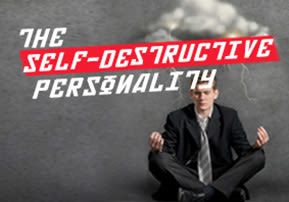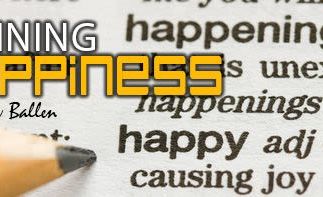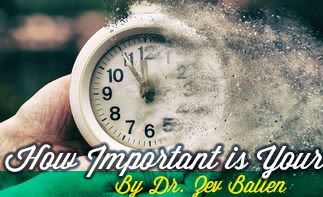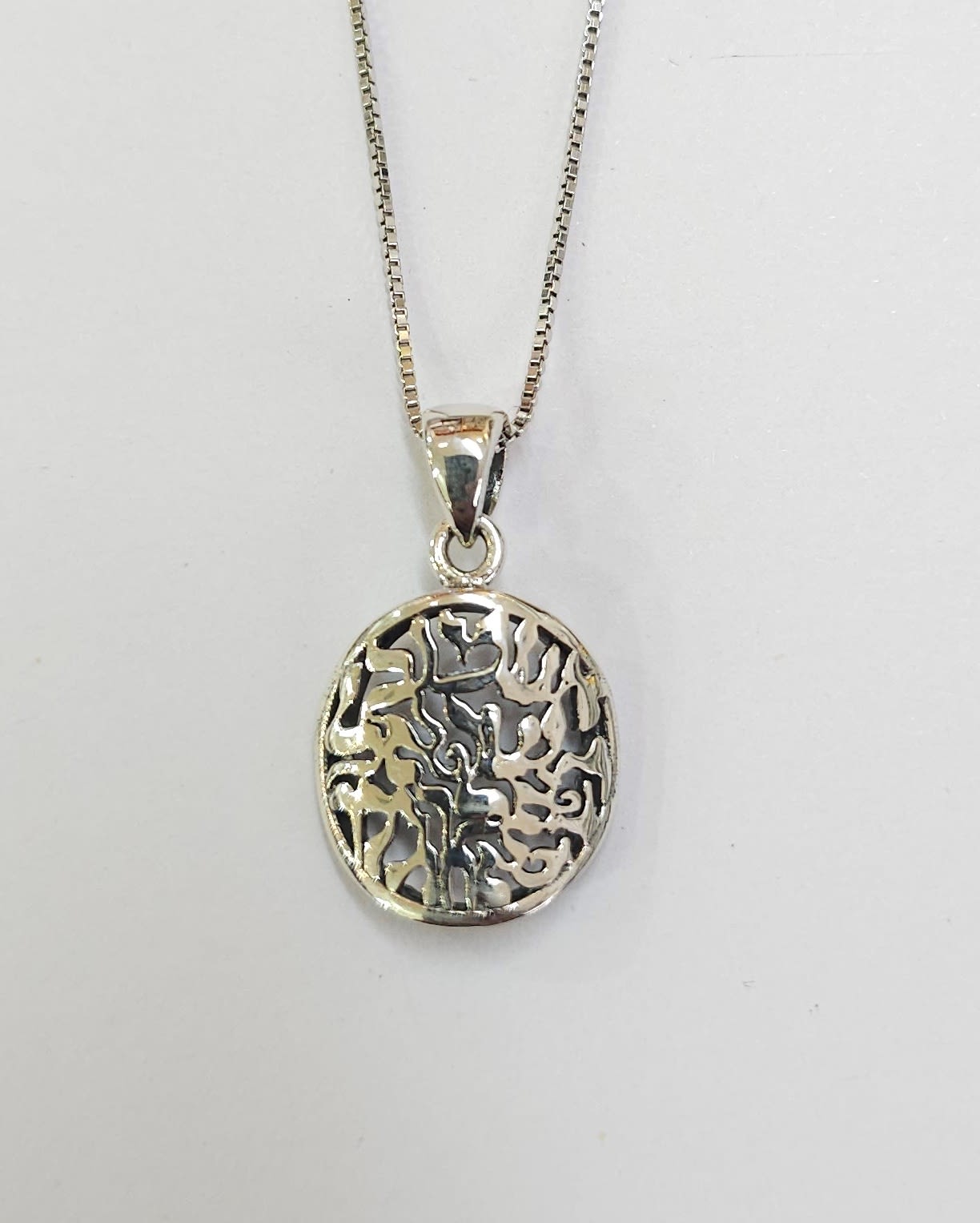
The Self-Destructive Personality
The self-destructive person feels exonerated from trying to grow stronger and mastering life’s challenges; this becomes his special way of feeling safe...

What are the motivations of a person who intentionally brings suffering and helplessness upon himself? Are they different than the motivations of individuals who suffer from other forms of neurosis? On the surface it’s clear that a person who strives for self-degradation and a person who strives for conquest and glory have different aims; but upon closer examination, both of them are looking for the exact same thing.
The wish to feel safe and secure is the most basic psychological need that there is. Before children develop to the age where they can find safety and security in G-d, they must first find it in their parents or guardians. The neurotic person of our time is someone who did not receive an adequate dose of unconditional parental love which is the precursor for a healthy spiritual connection.
The difference between essentially normal people and those who suffer from neurotic conflicts is that the neurotic is only able to rid himself of his basic insecurity by giving himself over to unhealthy patterns of thinking, feeling, and behaving. Self-destructive behavior is only one of many neurotic “solutions” for  overcoming a deep insecurity with life itself.
overcoming a deep insecurity with life itself.
The masochistic “solution” is essentially one of striving toward getting rid of the self with all of its conflicts and all of its limitations. To varying degrees, self-destructive people strive to render themselves helpless and hopeless and to wallow in their self-inflicted misery. The satisfaction that they get from striping themselves of all dignity and any trace of self-pride is that the misery in which they wallow numbs them to their real conflicts. For such a person, there are no longer any worries about success or failure; no longer any worries about asserting oneself or submitting to the will of others; no longer any decisions to be made about standing up for one’s values or not – once the self has been relinquished to suffering – the person feels exonerated from striving to grow stronger and mastering life’s challenges. In a pathological way, this becomes his special way of feeling safe.
A married man in his thirties with four children has not yet established himself in a career and according to his wife, lacks the drive not only to provide for his family but to do anything productive with himself. He neglects his health, has no hobbies or interests, and spends his time meandering around “getting in everyone’s way.” When he began emunatherapy, he could only articulate what it was that his wife wanted him to achieve but he was unable to express his own desire for anything definite – only that his wife should be happier with him.
His typical reaction to anything that his wife expects from him is an immediate response of “I can’t” and then procrastinating or falling ill. He always has an alibi for not putting his true capacities into some actual work. Of course he suffers enormously from his own self-contempt, the loss of his wife’s love and respect, and from a deep sense of guilt. Nevertheless his over-riding need to make himself nothing and thereby exempt himself from the responsibility of growing stronger blinds him to the obvious: his wife is not going to become happy by magic, the only way that she will be happy is if he commits himself to growing stronger.
The path to recovery for this man and those like him is first of all to learn to speak freely to an emunatherapist about every aspect of his internal dilemma. If he will do that, and specifically if he will speak with a therapist that believes in Hashem and the Torah, the tangled up conflicts within him will dissolve, and he will be in possession of a greater truth about his real capacities. As he learns more of the truth about his abilities and about the distorted thinking that impaired his growth, he will automatically have more of G-d’s presence in his life. This is because speaking about the truth connects him to the source of all truth which is G-d Himself. The moment that he admits to each fear or to each ability that he possesses, he incrementally comes closer and closer to G-d. As G-d “sees” him trusting in a process that is based on His Torah, He automatically helps him to rise above his neurotic difficulties.
Another curative factor is that by speaking freely and spontaneously to his emunatherapist, he will regain his innate power of free choice. Once his power of free choice emerges from the sphere of neurotic conflict, it will blossom and enable him to make the spiritual connection that he has always wanted but felt was beyond him.
His emunatherapist will never be able to become the good parent that he never had, but this is not necessary for his treatment to be successful. It will be enough that his emunatherapist be a consistently warm, caring and affectionate person who is working from a Torah-base. For only psychological teachings that have their root in the Torah have the power to bring about a permanent cure and alleviate human suffering.










1/13/2016
I daven in the eve more than any time..and learn this is.all for the best? Its hard to go out.
Isn't it true a man without pernosa–not able to support his family…..is basically dead? cause I feel like that and maybe better off that way. My wife works At least there is a good insurance policy for the family they will be able to live comfortably. Unfortunately this has been going on and off for 15 years since we became observant, I understand the concept of Teshuva for the past and everything is for the good. I just can not keep crying everyday and praying the same things over.
1/13/2016
Isn't it true a man without pernosa–not able to support his family…..is basically dead? cause I feel like that and maybe better off that way. My wife works At least there is a good insurance policy for the family they will be able to live comfortably. Unfortunately this has been going on and off for 15 years since we became observant, I understand the concept of Teshuva for the past and everything is for the good. I just can not keep crying everyday and praying the same things over.